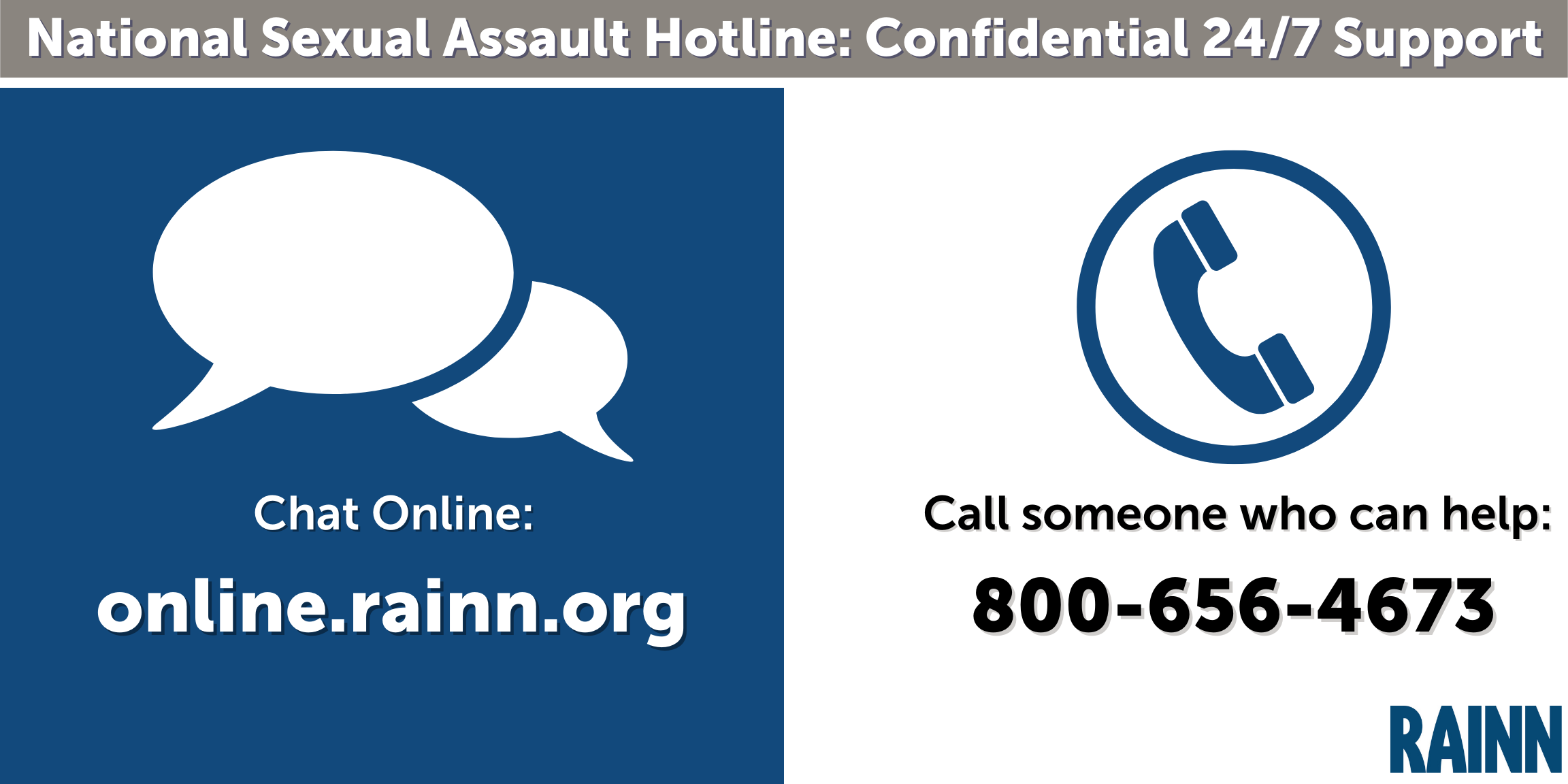Preventing sexual assault

Sexual assault is a violent crime—a hostile attack—an attempt to hurt and humiliate. It is NOT the result of “uncontrolled passions.” Sexual assault can happen to anyone. It can occur anywhere and at any time, in public or in your own home, day or night.
Perpetrators are not necessarily strangers. In fact, in over one-third of reported cases, the perpetrator is an acquaintance, neighbor, friend or relative of the victim. Sexual assault is one of the most underreported crimes. Most perpetrators will keep on offending until they are caught, so it is important to report any kind of sexual assault to law enforcement.
Understanding Consent:
Consent is an agreement between participants to engage in sexual activity. Consent should be clearly and freely communicated. A verbal and affirmative expression of consent can help both you and your partner to understand and respect each other’s boundaries.
Consent cannot be given by individuals who are underage, intoxicated or incapacitated by drugs or alcohol, or asleep or unconscious. If someone agrees to an activity under pressure of intimidation or threat, that isn’t considered consent because it was not given freely. Unequal power dynamics, such as engaging in sexual activity with an employee or student, also mean that consent cannot be freely given.
Avoiding hazardous situations:
Sexual assault can occur in any situation and is never your fault regardless of the circumstances. However, by taking such steps as traveling accompanied and avoiding alcohol and drugs, you can substantially reduce your risks for being victimized. Many assualts occur in or near the victim’s home.
One of the best ways to prevent sexual assault is to practice good home security:
- Install effective locks on all doors and windows—and USE them.
- Install a peephole in your door, NEVER open your door without knowing who is on the other side. Require salespeople or repair people to show identification.
- If you live alone, use only your last name and initials on mail boxes and in telephone directories.
- If strangers telephone or come to your door, don’t admit that you are alone.
- Don’t let any strangers into your home—no matter what the reason or how dire the emergency. Offer to make an emergency phone call while they wait outside.
- If you live in an apartment, avoid being in the laundry room or garage by yourself, especially at night.
- If you come home and find a door or window open or signs of forced entry, DON’T GO IN! Go to the nearest phone and call your local law enforcement agency.
Don’t walk into danger. Be alert to your surroundings and the people around you—especially if you are alone or it is dark. Know where help may be if you should need it.
- Whenever possible, travel with a friend. Stay in well-lit areas as much as possible.
- Walk confidently, directly and at a steady pace on the side of the street facing traffic.
- Walk close to the curb. Avoid doorways, bushes, and alleyways.
- If you think you are being followed, walk quickly to areas where there are lights and people. If a car appears to be following you, turn and walk on the other side of the street.
- If you are in danger, scream and run, or yell FIRE!
Car safety. Keep yourself safe while traveling.
- Keep your car in good working order and the gas tank at least half full.
- Always lock car doors after entering or leaving your car.
- Park in well-lit areas.
- As you approach your car, have your car keys in your hand. Look under your car and check the back seat before entering.
- If you think you are being followed, drive to a public place.
- If your car breaks down, turn on your flashers, open the hood, attach a white cloth to the car antenna and wait inside your car with the doors locked. If someone stops to help, stay in your car and ask them to call the local law enforcement, a garage or a tow service for you.
Get more tips on how to keep yourself and your loved ones safe below:
Safety and Prevention Tips from RAINN
For more information about crime prevention, contact our District Offices staff:
Sergeant Zach Fay North District Office 22701 Main Street Hayward, CA 94541 (510) 293-7114 |


